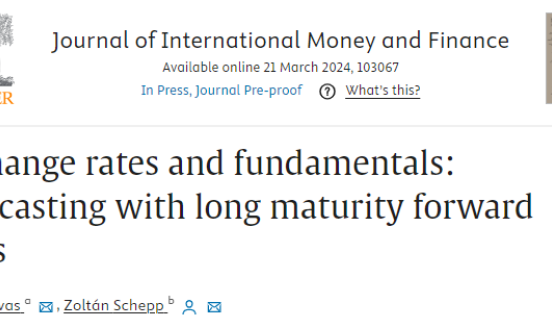
European governance
Explore architectural issues facing the European Union that will fuel the policy debate for the coming years.
COVID-19 will continue to affect all aspects of our lives and by extension the economy. This resulted in a continuation of major policy measures both at EU and member-state levels to manage the health and economic crises.
At European level, the Next Generation EU programme has radically changed the way the EU finances itself, interacts with financial markets and supports national recoveries. In late April, countries began submitting their Recovery and Resilience Plans. Bruegel scholars monitor the national plans as they were submitted, providing a comprehensive dataset and a series of analyses throughout the year.
Recently published and updated

Stay away from Russian money
The EU would shoot itself in the foot by confiscating Russian assets and giving them to Ukraine

The rocky road to EU accession for Western Balkan countries: obstacles and lessons from the Eastern Partnership
The three eastern European states had practically no waiting time before being accepted as candidate countries right after application

Broader border taxes: a new option for European Union budget resources
The purpose of this paper is to review the Commission’s proposal and to contribute new ideas for ‘genuine’ own resources

Exchange rates and fundamentals: Forecasting with long maturity forward rates

The European Central Bank, inflation tolerance and the last mile

The idea that Europe’s economic performance is inferior to that of the United States is erroneous

Incorporating the impact of social investments and reforms in the European Union’s new fiscal framework
This paper proposes an approach for quantifying the impact of public investments and reforms on debt sustainability
Upcoming events

The macroeconomics of decarbonisation
At this event we will launch the book "The Macroeconomics of Decarbonisation: Implications and Policies"